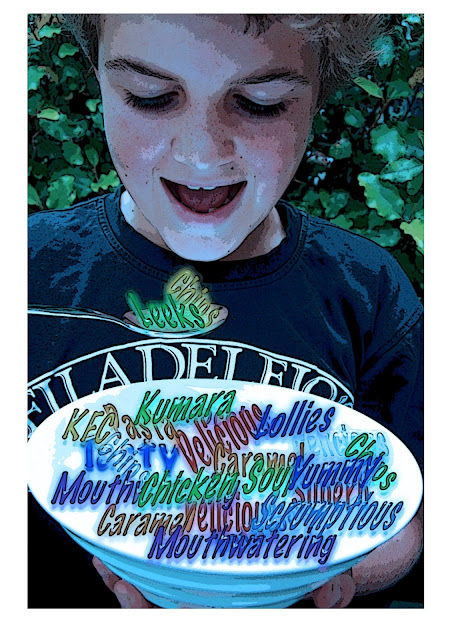These two boys chose to work with put your foot in your mouth.
This classroom exercise suddenly crossed my mind the other day, when I was thinking about all the areas of cultural sensitivity in Saudi and how easy it is to inadvertently say the wrong thing.
Here's an example of what I mean.
It was the beginning of the school year and I was talking to a small
group of parents in my classroom. It was the Meet the Teacher evening, when you outline the year’s programme and
explain your teaching philosophy. As I looked around the room, it crossed my
mind that this occasion was like every other Meet the Teacher I'd held. The parents who came were the committed,
interested and supportive ones. The parents you needed to see rarely turned
up.
I sighed quietly to myself and carried on. I explained that parents
were a hugely important part of any child’s progress and that we needed to work
closely together. As I saw a couple of heads nodding, I was encouraged and so
added, just for emphasis, “Of course, I know I’m preaching to the converted.”
It was a golden foot in the mouth moment. Two words one should never
use in Saudi: preach and convert.
And impossible to eat my words.
But at the moment it’s Ramadan, when a foot in the mouth is
potentially less dangerous than food in the mouth.
You see, during daylight we fast. I say we,
because, although Ramadan is a Muslim festival, eating or drinking in public is
banned for everyone: Muslim and non-Muslim alike.
Ramadan fasting is about prayer and reflection, remembering that
this is the time when the Qu’ran was first revealed to Muhammad. It's a time of compassion and bringing people together.
At sunset the fast is traditionally broken with a glass of water and
a couple of dates. Then there is a feast called Iftaar, which can be as simple as
soup at home with family, or as elaborate as a sumptuous buffet in a hotel or
restaurant.
It’s a difficult time to be in Riyadh, not only because it's the
height of summer, but also because life turns upside down. Many who fast choose
to sleep during the day and then wake to eat during the night. Malls are shut during the day and open most of
the night. I remember this time last year when I rang to make a hair
appointment, “Yes,” I was told, “We can see you at 1 am.” I declined.
The only exception is supermarkets, which open briefly before midday
prayer. Last week I caught our compound bus into one of the local supermarkets.
I’d left my water bottle at home, because even water is banned during daytime.
I approached the deli area where feta cheese is sold. “Which is less
salty?” I enquired, "the Egyptian feta or the Hungarian?”
“Try some, Madam,” the man behind the counter told me, and he reached in and handed me a sizeable chunk to taste test.
“Try some, Madam,” the man behind the counter told me, and he reached in and handed me a sizeable chunk to taste test.
Minutes later, I was in the bakery eyeing up the baklava and
cookies. “Where are your maamoul cookies? “ I asked.
“Try one madam,” came the same response.
But this time I kept my mouth firmly closed and shook my head. There are some temptations in life that just aren't worth it. Especially during Ramadan.
“Try one madam,” came the same response.
But this time I kept my mouth firmly closed and shook my head. There are some temptations in life that just aren't worth it. Especially during Ramadan.
Photo source: eTime




No comments:
Post a Comment